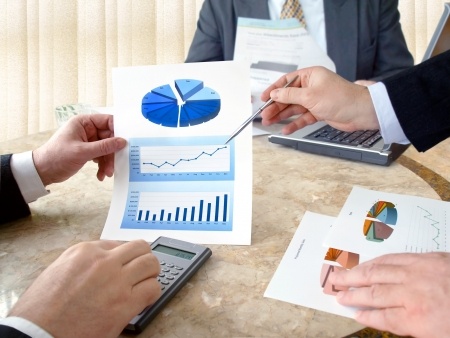
How will you know if your next property investment will be like a teenage child, constantly with its hand out asking you for more and more of your hard earned money each week, or if it will be a great little cash machine, providing you with a reliable and steady, passive income that will continue to grow?
It takes a lot of planning to take all of your property investment income and expenses into consideration to get a true picture of the investment.
Some examples of the expenses that need to be allowed for are:
You will then have to calculate income such as the rental, factoring in inflation for future years.
To get an idea of how profitable this investment is going to be, you have to calculate an expected annual Capital Growth figure. A conservative figure is best here.
Then you need to factor in depreciation. Only a detailed report from a quantity surveyor can give you an exact figure for each particular property, but an experienced property advisor can give you estimates of both the building's depreciation as well as the fixtures and fittings.
All of the expenses and income of your investment relate back to your personal income (and whoever else you are buying the property with) and your applicable tax bracket. This will allow you to come to a realistic figure on how much your investment will cost you each week, or how much it will pay you each week.
You must remember that you’re really buying a small business. You have a client (the tenant) that you provide a service to, which is accommodation. You have staff (the Property Manager), and you also employ specialists such as an Accountant, Buyers Agent, Mortgage Broker etc.
It is usually preferable if your business is profitable from the day you purchase it, with further profit potential realistically achievable.
If it isn't profitable from the start, you will need to be able to forecast how long before you break even, and when you will be in profit, and how much money you will need to balance the ledger in the meantime.
You will need to know your exit strategy, how much it will cost you to exit (or when you will be able to purchase another) and your final profit from the whole venture.
When you approach your investment with this mindset, your chance of success will substantially increase. You will find it easy to make the right decisions for your investments, and your wealth will grow.
It will also prevent you from buying the wrong type of property that will simply lose you money.
Your Property Investment Advisor should be able to assist you in the above areas, and help you make the best property investment decision.
For more on investing, click below to read our information on